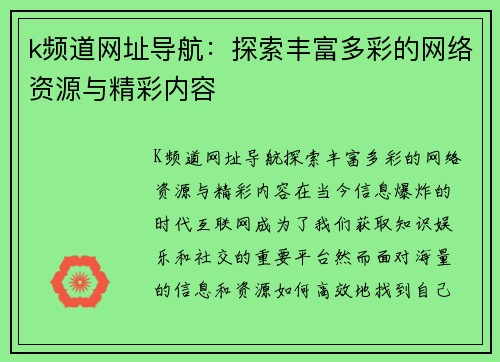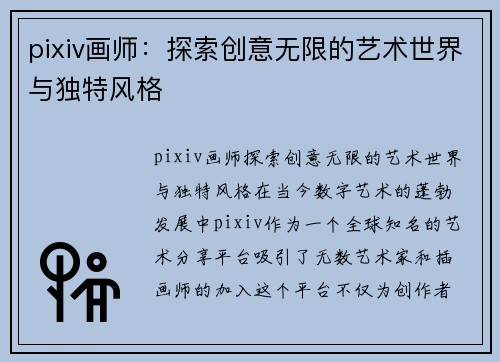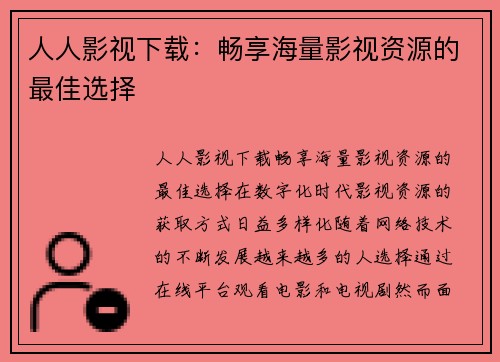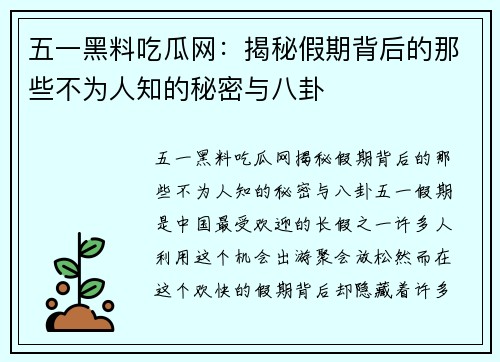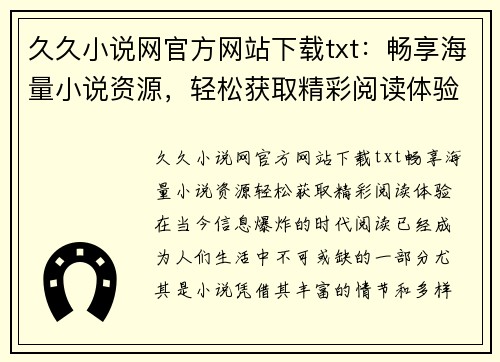malusog in english:Exploring the Meaning and Usage of "Malusog" in Everyday Conversations
Malusog in English: Exploring the Meaning and Usage of "Malusog" in Everyday Conversations
In the rich tapestry of languages, certain words carry a depth of meaning that transcends their simple definitions. One such word is "malusog," a term derived from Filipino that encapsulates the essence of health and well-being. In this article, we will delve into the meaning of "malusog," its usage in everyday conversations, and its cultural significance. By the end, you will have a comprehensive understanding of how to incorporate this word into your vocabulary and conversations.
4虎tv最新官方网站免费网站入口Understanding "Malusog"
"Malusog" is a Filipino adjective that translates to "healthy" in English. It is often used to describe a person who is in good health, but its implications extend beyond mere physical condition. The term also encompasses mental and emotional well-being, making it a holistic descriptor of a person's overall state. In a society that values health and wellness, "malusog" serves as a reminder of the importance of taking care of oneself.
The Cultural Context of "Malusog"
In Filipino culture, health is not just an individual concern but a communal one. The concept of "malusog" is deeply intertwined with family and community values. For instance, when a family member is unwell, it affects the entire household. Thus, the use of "malusog" in conversations often reflects a collective aspiration for health and vitality. This cultural perspective encourages individuals to prioritize their well-being not only for themselves but also for their loved ones.
Everyday Usage of "Malusog"
In everyday conversations, "malusog" can be used in various contexts. For example, when discussing dietary choices, one might say, "Kailangan natin ng malusog na pagkain" (We need healthy food). This usage highlights the importance of nutrition in maintaining health. Similarly, when talking about lifestyle choices, one might mention, "Dapat tayong maging malusog sa ating mga gawi" (We should be healthy in our habits), emphasizing the need for a balanced lifestyle.
"Malusog" in Health Discussions
Health discussions often incorporate the term "malusog" to emphasize the significance of well-being. For instance, during a health seminar, a speaker might say, "Ang pagiging malusog ay hindi lamang tungkol sa pisikal na kalagayan" (Being healthy is not just about physical condition). This statement broadens the understanding of health, encouraging participants to consider mental and emotional aspects as well. In this context, "malusog" becomes a rallying cry for a more comprehensive approach to health.
The Role of "Malusog" in Parenting
Parents often use the term "malusog" when discussing their children's health. Phrases like "Gusto kong maging malusog ang aking anak" (I want my child to be healthy) are common. This reflects a parent's desire to instill healthy habits in their children from a young age. Additionally, discussions about vaccinations, exercise, and nutrition frequently incorporate "malusog," reinforcing the idea that a healthy upbringing is essential for a child's development.
"Malusog" in the Context of Wellness Trends
As wellness trends gain popularity globally, the term "malusog" has found its way into discussions about fitness, nutrition, and mental health. In social media posts, influencers might use phrases like "Maging malusog at masaya" (Be healthy and happy) to promote a balanced lifestyle. This modern usage of "malusog" reflects a growing awareness of the interconnectedness of physical, mental, and emotional health, resonating with audiences seeking holistic wellness.
Challenges in Maintaining a "Malusog" Lifestyle
Despite the positive connotations of "malusog," many individuals face challenges in maintaining a healthy lifestyle. Factors such as busy schedules, stress, and access to nutritious food can hinder one's ability to be "malusog." Conversations around these challenges often include phrases like "Mahirap maging malusog sa panahon ngayon" (It's hard to be healthy these days). Acknowledging these difficulties is crucial in fostering a supportive environment where individuals can seek help and share strategies for overcoming obstacles.
Encouraging a "Malusog" Mindset
To cultivate a "malusog" mindset, it is essential to focus on self-care and positive thinking. Encouraging phrases like "Maging malusog sa isip at katawan" (Be healthy in mind and body) can inspire individuals to prioritize their well-being. Additionally, incorporating mindfulness practices, such as meditation and yoga, can enhance one's mental health, aligning with the holistic nature of "malusog." By promoting a balanced approach to health, we can create a culture that values well-being in all its forms.
Conclusion: Embracing "Malusog" in Our Lives
In conclusion, "malusog" is more than just a word; it is a concept that embodies the pursuit of health and well-being. By understanding its meaning and usage in everyday conversations, we can appreciate the cultural significance it holds. Whether discussing dietary choices, parenting, or wellness trends, "malusog" serves as a reminder of the importance of taking care of ourselves and our communities. As we embrace this term in our lives, we can foster a healthier, happier society.
Frequently Asked Questions
What does "malusog" mean in English?
- "Malusog" translates to "healthy" in English, encompassing physical, mental, and emotional well-being.
How is "malusog" used in everyday conversations?
- It is commonly used to describe healthy food choices, lifestyle habits, and overall well-being.
Is "malusog" only about physical health?
- No, "malusog" refers to a holistic approach to health, including mental and emotional aspects.
How can I incorporate "malusog" into my vocabulary?
- You can use it when discussing health-related topics, such as nutrition, exercise, and wellness.
What cultural significance does "malusog" hold in Filipino society?
- It reflects communal values, emphasizing the importance of health for individuals and their families.
Can "malusog" be used in parenting discussions?
- Yes, parents often use it to express their desire for their children's health and well-being.
What challenges do people face in maintaining a "malusog" lifestyle?
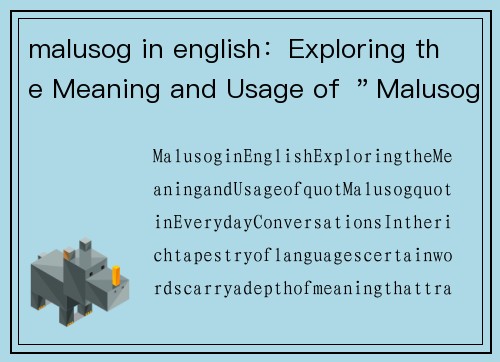
- Busy schedules, stress, and limited access to nutritious food can hinder healthy living.
How can I promote a "malusog" mindset?
- Focus on self-care, positive thinking, and incorporating mindfulness practices into your routine.
Why is it important to embrace the concept of "malusog"?
- Embracing "malusog" encourages a comprehensive approach to health, fostering a supportive and healthy community.
